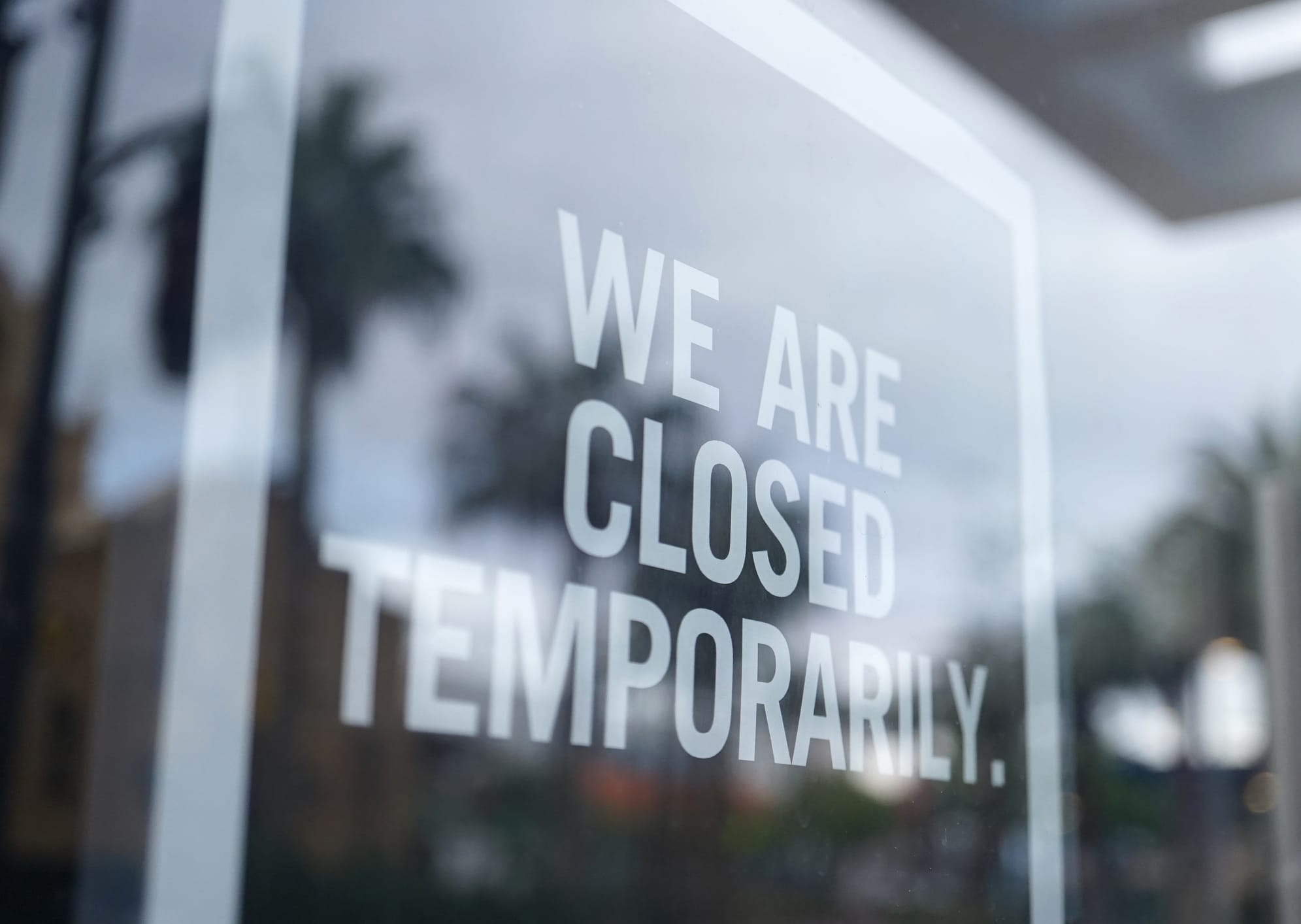In response to the coronavirus pandemic, at one point almost every U.S. state had imposed lockdown orders. Some states have begun to relax these orders and many others are considering easing their restrictions.
Penn Wharton Budget Model (PWBM) analyzed the health and economic effects of states partially reopening — lifting emergency declarations, stay-at-home orders, and school closures — as well as fully reopening all of the above as well as businesses and restaurants. Assuming that any policy change would occur on May 1, 2020, PWBM presents resulting projections at the national level and for individual states.
At the national level, PWBM projects that:
- If states do not reopen before June 30, cumulative national deaths due to coronavirus would rise to around 117,000 by June 30 (including deaths prior to May 1). GDP on June 30, 2020 would be 11.6 percent lower than GDP one year earlier (“Year-Over-Year” or “YOY”). About 18.6 million jobs would be lost between May 1 and June 30.
- Partially reopening would cause 45,000 additional deaths by June 30, relative to not reopening. GDP on June 30 would increase by 1 percent, from an 11.6 percent YOY loss without reopening to a 10.7 YOY loss with partial reopening. About 4.4 million jobs would be saved, for a total of 14.0 million jobs lost between May 1 and June 30.
- Fully reopening would lead to an additional 233,000 deaths by the end of June relative to not reopening. GDP on June 30 would increase by about 1.5 percentage points relative to not reopening. Almost all net job losses between May 1 and June 30 would be eliminated.
- If, however, individuals see full reopening as a “return to normal” and as a result relax their own voluntary social distancing practices — behaving in a manner consistent with Feb 1, 2020 — cumulative national deaths would reach 950,000 by June 30. Job losses would turn to a net positive of 4.1 million in jobs gained, erasing some of the job losses prior to May 1.
For more information and state-specific estimates, see the PWBM coronavirus reopening simulator and read the full report, “Coronavirus Policy Responses: Health and Economic Effects of State Reopenings.”
On Tuesday, May 5 from 12-1 p.m. ET, Prof. Kent Smetters, faculty director of the Penn Wharton Budget Model, will lead a live panel discussion on this report. Attendees can join via LinkedIn.

























